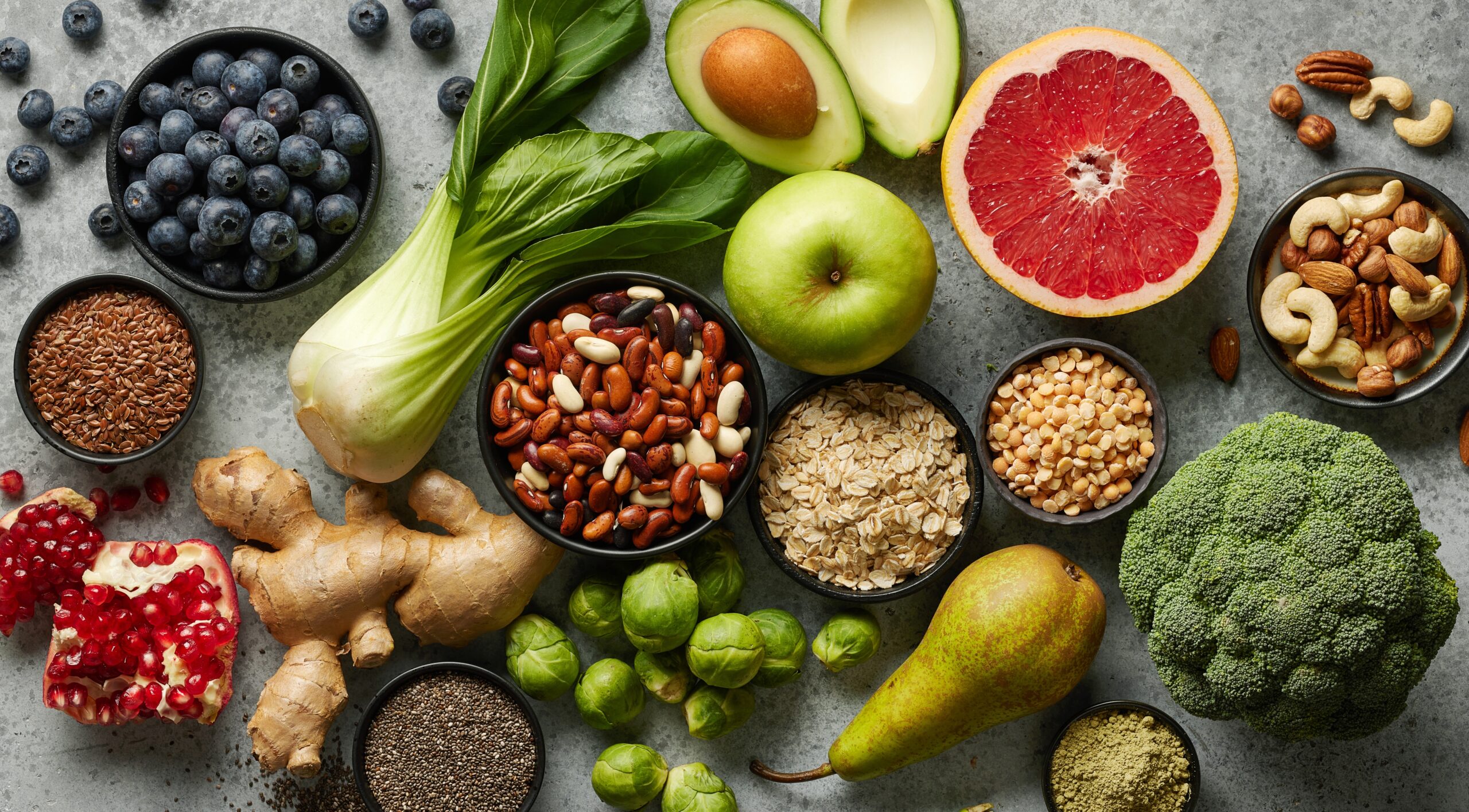In the UK, we’re currently facing an obesity crisis. According to the House of Commons, nearly three-quarters of adults aged 45 to 74 are now overweight or obese. It’s a worrying figure with serious implications, not just for individual health, but also for the NHS, which is under increasing pressure as a result.
But let’s be honest: losing weight isn’t always simple. While some people are genetically predisposed to carry more weight, many of us also fall victim to the confusion that surrounds healthy eating.
The truth? A healthy diet is essential for weight management. But with so much conflicting advice online, it’s hard to know where to start. Thankfully, understanding a few key principles can help you make informed choices and build habits that genuinely support long-term health.
Common Diet Mistakes That Could Be Holding You Back
There’s no one-size-fits-all approach to dieting. On top of that, we’re bombarded with new trends, miracle diets, and marketing gimmicks that often do more harm than good.
Research shows that overly restrictive diets rarely work in the long term. Instead, sustainable approaches like the Mediterranean diet, which focuses on whole foods, healthy fats, and fresh produce, are far more effective.
Here are a few common mistakes that could be sabotaging your efforts:
1. Not Tracking What You Eat
Without a food diary, it’s easy to underestimate how much you’re consuming. Practising mindful eating, being aware of what, when, and why you eat, can help you regain control and avoid unnecessary snacking.
2. Falling for Misleading Food Labels
Many “healthy” foods are far from it. Labels like “low fat” or “high protein” can be deceptive, especially if the product is packed with added sugar. Look for whole grain ingredients (not just “multigrain”) and always check the ingredients list to see what you’re really eating.
3. Weighing Yourself Too Often
Your weight can fluctuate daily due to water retention, food intake, and even sleep. Weigh yourself once a week, at the same time, to get a more accurate picture and avoid discouragement.
4. Giving Up Too Soon
Healthy weight loss is a slow process. If you don’t see immediate results, don’t be disheartened. Staying consistent and seeking support, whether from friends, professionals, or support groups, can make all the difference.
What Makes a Diet Truly Healthy?
Forget crash diets. Long-term success lies in a balanced approach that provides all the nutrients your body needs to function at its best.
Very low-calorie diets can cause fatigue, hair thinning, and hormonal imbalances and should only be done under medical supervision. Instead, focus on a mix of:
- Carbohydrates (preferably complex carbs)
- Protein
- Fibre
- Vitamins and minerals
Why Fibre and Protein Matter
Fibre helps regulate your digestion and keeps you feeling full, while protein supports metabolism and helps preserve muscle mass during weight loss. A study even found that a high-fibre, low-fat diet led to sustainable weight loss in people with type 2 diabetes.
How to Add More Nutrients to Your Diet
High-Fibre Foods:
- Fruits: Berries, apples, pears
- Vegetables: Carrots, kale, broccoli, Brussels sprouts, artichokes
- Legumes: Chickpeas, lentils, black beans, kidney beans
- Nuts & Seeds: Almonds, chia seeds, sesame seeds
- Whole Grains: Whole grain bread, brown rice, whole wheat pasta, couscous
High-Protein Foods:
- Poultry & Meat: Chicken, turkey, lean pork or beef
- Fish: Salmon, mackerel, prawns
- Dairy: Greek yoghurt, cottage cheese
- Plant-Based: Tofu, lentils, chickpeas, black beans, split peas
- Nuts & Seeds: Almonds, sunflower seeds
Healthy Snacks:
- Nuts and seeds
- Boiled eggs
- Raw vegetables with hummus
Foods to Avoid or Minimise
Some foods offer little to no nutritional value and can disrupt your weight loss goals. These include:
- Sugary drinks (including fruit juices and fizzy drinks)
- Alcohol
- Cakes, pastries, and sugary cereals
- White bread and processed snacks
- Fried or fast foods like pizza, chips, and burgers
The main problem? Many of these contain refined carbohydrates simple carbs that cause spikes in blood sugar and hunger soon after. Instead, opt for complex carbs, like whole grains and legumes, which digest slowly and help you stay fuller for longer.
Putting It All Together
A good rule of thumb when planning meals: start with a lean protein or legume, add a generous portion of vegetables, and include a whole grain. The aim isn’t perfection, it’s consistency. Building a healthy, balanced diet takes time and small, sustainable changes.
If you’re unsure where to begin, don’t worry. Healthy eating is a journey, and the first step is understanding what your body really needs.

